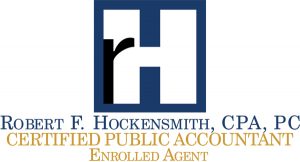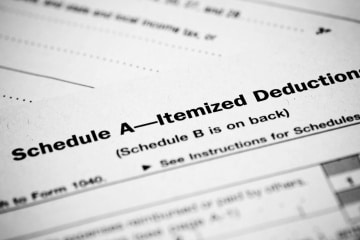Blog
Itemizing vs. Standard Deduction:
Five Tips to Help You Choose
Itemizing vs. Standard Deduction: Five Tips to Help You Choose
When you start planning early, you have time on your side to help you compare between various options and choose the best for yourself. While filing your tax return, you usually have a choice of whether to itemize deductions or take the standard deduction. Before you choose, it’s a good idea to figure your deductions using both methods. Then choose the one that allows you to pay the lower amount of tax. The one that results in the higher deduction amount often gives you the most benefit.
The IRS offers these tips to help you choose:
- Figure your itemized deductions. Add up deductible expenses you paid during the year. These may include expenses like:
- Home mortgage interest, up to $750,000 in mortgage debt.
- State and local income taxes or sales taxes (but not both), real estate and personal property taxes, up to $10,000.
- Gifts to charities, (cash and non-cash) up to 60% of your adjusted gross income.
- Casualty or theft losses if in a Federal Declared Disaster.
- Unreimbursed medical, dental, optical expenses and health insurance.
- Know your standard deduction. If you don’t itemize, your basic standard deduction depends on your filing status (each year the numbers change, be sure to know this year’s numbers by asking your tax professional).
- Single
- Married Filing Jointly
- Head of Household
- Married Filing Separately
- Qualifying Widow(er) (widows and widowers with minor children)
Your standard deduction is higher if you’re 65 or older and/or blind. If someone can claim you as a dependent, that can limit the amount of your standard deduction.
- Check the exceptions. Some people don’t qualify for the standard deduction and therefore should itemize. This includes married couples who file separate returns when one spouse itemizes.
Related Blog Posts
No Results Found
The page you requested could not be found. Try refining your search, or use the navigation above to locate the post.
Do You Owe The IRS?
Learn 5 Secrets The IRS Doesn't Want You To Know.
Click on the button below to get FREE access to this exclusive content.
Get Expert Tax Advice from an expert
Mr. Hockensmith has been a guest newscaster for national and local TV stations in Phoenix since 1995, broadcasting financial and tax topics to the general pubic. He has written tax and accounting articles for both national and local newspapers and professional journals. He has been a public speaker nationally and locally on tax, accounting, financial planning and economics since 1992. He was a Disaster Reservist at the Federal Emergency Management Agency, for many years after his military service. He served as a Colonel with the US Army, retiring from military service after 36 years in 2008. Early in his accounting career, he was a Accountant and Consultant with Arthur Andersen CPA’s and Ernst & Young CPA’s.
Build strategies, build confidence, build your business.
We are ready to do business with you
Email: [email protected]
Tel: (602) 264-9331 (24x7)
Address:
3404 West Cheryl Drive
Suite A-170
Phoenix, AZ, 85051







